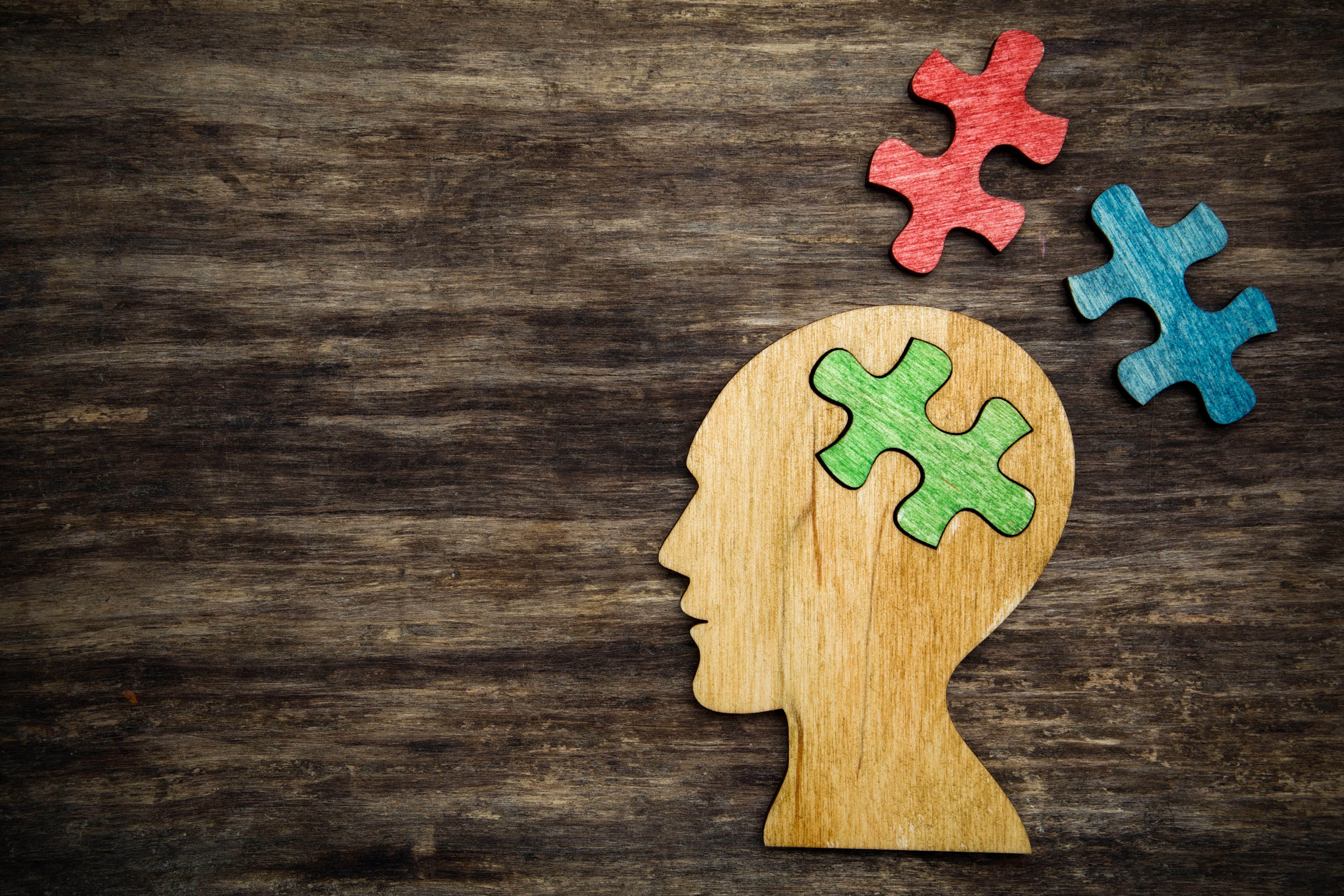The NeuroLeadership Institute is a global research organization that helps its clients apply neuroscience to transform how they think, develop and ultimately perform. Shawna Fraser, a lead facilitator at the institute recently gave a webinar entitled “What Do Coaches Learn About the Brain.” She suggested there are six things we need to know about the brain if we are going to be able to make healthy decisions, regulate our emotions, collaborate with others and facilitate change.
No Two Brains Are Alike
This means everyone is different. We learn, talk, think and act in various and sundry ways. Unfortunately, our emotional brain tries to convince us otherwise. We project our beliefs, assumptions and values on others. We constantly complain, “Why can’t everyone be like me.”
This gets in the way of being empathetic to people and things that are different from us. It prevents us from being curious about differences, walking in the other person’s shoes and matching their emotional experiences. I learned this phenomenon early in my life. I have a twin sister. We have little in common other than our father’s last name.
The Brain Hardwires Everything It Can
Without this capability, we would eventually die. This hardwiring creates schemas that serve as blueprints and guideposts for how we lead our lives. It serves as a library that organizes life experiences and information that are understandable to us. It is where we get the ability to stereotype people and things that make us uncomfortable. Our implicit, insidious and unconscious biases reside in this hardwired jungle. These neural pathways get in the way of reframing our schemas once they are challenged and will talk us out of learning new information and beliefs.
Our Hardwiring Drives Automatic Perception
Pathways in the brain that fire together stay together. They create short distances between each other which make them very efficient. We learned this in elementary math-the closest distance between 2 objects is a straight line. This connectivity embeds deep seeded beliefs, values and behaviors that reinforce the way we automatically see the world.
If your culture, family, personal history, politics and religion teach you that a woman’s place is in the home and not the workplace, you will instinctively react negatively to women reaching their full potential by having both a career and a family. Does this mean you are a bad person? Not necessarily. However, as we will see later, you can reorient your thinking about equality for women by using this same hardwiring process to create pathways that see women in a different light.
It is Impossible to Deconstruct All Hardwiring
Like seeds that lay dormant awaiting the next planting season, old biases, beliefs and behaviors linger in our unconscious minds just waiting for the opportunity to cause us and others grief. It is like dusting your living room only to find out that you left some dust behind the couch. You do your best to clean the room but you know deep down it will never be spotless.
This is why we need to be vigilant 24 hours a day for the old demons that invade our interactions with others that scream don’t embrace that difference, you didn’t used to embrace that difference, this is how you need to proceed with that difference.
It Is Easy to Create New Wiring
As you began to embrace differences in other people, the brain rewires its circuitry by making it more comfortable for the proper pathways to share pleasure chemicals, thereby making it easier for the brain to make those connections. In other words, your brain adapts to this new thinking pattern and changes your previous reality about the difference. Your new thoughts reshape your brain and help you develop new habits about the difference you just embraced.
The Brain is a Connection Machine
Not only can your thoughts change the brain and their pathways but the thoughts of others can do the same. This is why it is important to surround yourself with people who will encourage and motivate you to embrace differences. Think of them as your own personal electricians who help keep your brain rewired toward the acceptance of differences. As birds of a feather flock together, establishing relationships particularly with role models within the group whose differences you are trying to embrace, will keep you grounded in the hard work that lies ahead.
Everything we do in life is dependent on our brain. Let’s keep it healthy, rested and stimulated for the uphill battle to make the world and our workplaces connected places that welcome and benefit from differences. Translate brain science into action. You will soon learn you can teach your grey matter some new tricks after all.





Leave a Reply
You must be logged in to post a comment.